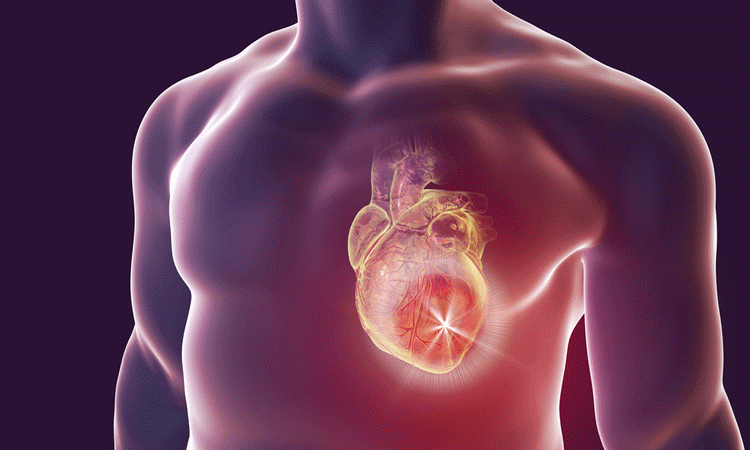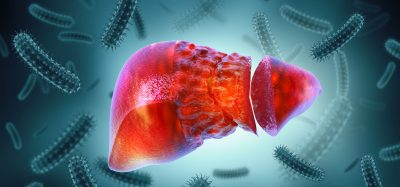Potential treatment for heart attacks discovered by researchers
Posted: 4 October 2019 | Victoria Rees (Drug Target Review) | No comments yet
Researchers have uncovered a treatment that may be used to treat heart attacks or to prevent heart failure, using the circadian clock.


A study has revealed a potential treatment option for patients who have suffered heart attacks, or to prevent heart failure. The research was conducted at the University of Guelph, Canada.
If administered within hours of a heart attack, the potential drug could prevent scarring”
The treatment utilises the circadian ‘clock’, which consists of genes and proteins that interact over 24-hour cycles to regulate functions such as heart rate and blood pressure. This can influence cardiovascular physiology as well as how the heart responds to damage.
The team used a drug called SR9009 which disrupts expression of genes that trigger adverse immune responses after a heart attack.
Using mice models, the researchers found that the treatment reduced production of a cellular sensor called the NLRP3 inflammasome that contributes to scarring.
If administered within hours of a heart attack, the potential drug could prevent scarring. When given with conventional therapy such as reperfusion, the treatment led to less inflammation and better cardiac repair.
“No scar, no heart damage, no heart failure – people can survive heart attacks because the heart won’t even be damaged. We were amazed to see how quickly it worked and how effective it was at curing heart attacks and preventing heart failure in our mouse models of the disease,” said Professor Tami Martino, one of the researchers.
According to the researchers, this discovery may ultimately help in other heart therapies involving early inflammatory response such as organ transplant or valve replacement.
The results were published in Nature Communications Biology.
Related topics
Disease Research, Drug Targets, Protein, Research & Development
Related conditions
Heart attack
Related organisations
University of Guelph
Related people
Professor Tami Martino








